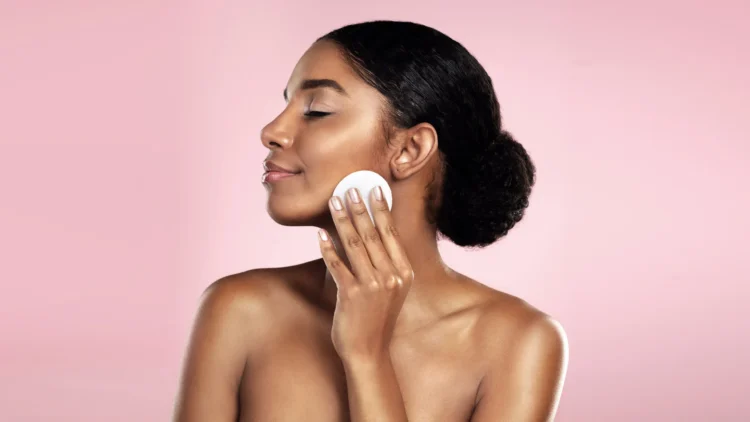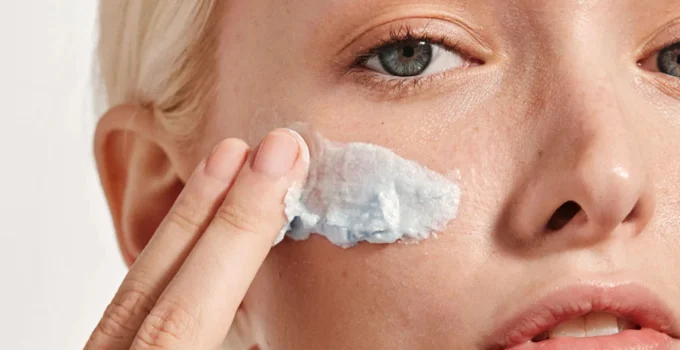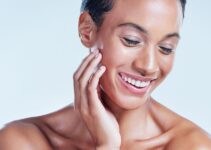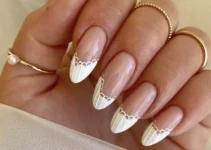Can skincare products help with wrinkles? Well, that is a rather strange question to answer simply. There are numerous elements you should pay attention to.
Let me provide you with a couple of tips you should know about this.
Page Contents
Tip #1: Moisturizing Benefits
Moisturizers are fundamental in skincare, primarily working by hydrating the skin, which can temporarily plump the skin and make wrinkles less visible.
When the skin is well-hydrated, it appears more supple and radiant, reducing the prominence of fine lines and minor wrinkles. Common ingredients in moisturizers such as hyaluronic acid and glycerin attract water to the skin, providing immediate improvement in its texture and appearance.
Moisturizers help to reinforce the skin’s barrier, preventing further moisture loss and protecting against environmental factors that can accelerate aging.
Tip #2: Active Ingredients

Source: theluxeinsider.com
The efficacy of skincare products often hinges on their active ingredients, which target specific aging concerns. Retinol, a derivative of vitamin A, is renowned for its ability to accelerate cell turnover and stimulate collagen production, thus diminishing the appearance of fine lines and improving skin texture.
Vitamin C is an antioxidant that helps to brighten the skin and even out skin tone, in addition to promoting collagen synthesis. Niacinamide improves skin elasticity and reduces inflammation, which can mitigate signs of aging.
Peptides, another powerful ingredient, support skin repair and can help firm the skin. These ingredients can be pivotal in maintaining youthful skin and are increasingly included in organic skincare trends due to their effectiveness.
Tip #3: Sun Protection

Source: unc.edu
Sunscreen is arguably the most crucial element in any skincare regimen aimed at combating aging. It helps prevent premature aging by protecting the skin from ultraviolet (UV) rays, which can break down collagen and cause skin laxity and wrinkles.
Daily use of a broad-spectrum sunscreen with an SPF of at least 30 can significantly reduce the cumulative impact of UV exposure, leading to healthier, younger-looking skin over time. This preventive measure is essential regardless of season or weather conditions.
Tip #4: Limitations of Skincare Products
Ineffectiveness in Reversing Severe Aging: While skincare products can significantly improve the appearance of the skin and slow the aging process, their capabilities are limited when it comes to reversing severe signs of aging.
Non-prescription skincare products are often unable to rectify deep wrinkles, significant sun damage, or substantial loss of elasticity; these issues typically require more invasive procedures or prescription-strength treatments.
Tip #5: Misleading Claims and Marketing

Source: glamourmagazine.co.uk
The skincare industry is rife with exaggerated claims and marketing hype, which can mislead consumers about the effectiveness of skincare products. Consumers must be critical of these claims and seek products with proven ingredients at effective concentrations.
Knowing the differences between cosmetic and pharmaceutical claims is key, as only pharmaceutical products are FDA-approved for treating skin conditions and can legally claim to alter the structure or function of the skin.
Tip #6: Regulatory Oversight
The U.S. Food and Drug Administration (FDA) plays a critical role in distinguishing between cosmetics and pharmaceuticals. Skincare products classified as cosmetics are not subject to the rigorous pre-market approval process that drugs undergo.
This distinction means that while cosmetic products, including those claiming organic and natural ingredients, can enhance appearance, they do not require FDA approval unless they make drug-like claims about changing the skin’s structure or functions.




